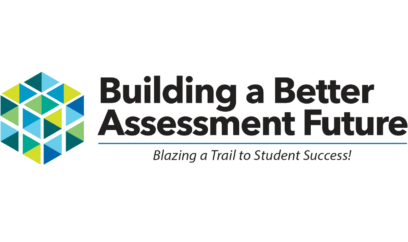
Building a Better Assessment Future 2025
August 5 - 6, 2025At the 2025 Building a Better Assessment Future conference, we are placing students at the center of our assessment systems, practices, and policies. Join us…

Preparing Teachers to Design Classroom Assessment for Learner Agency
Improving teacher assessment capability is a topic of interest all around the world. For some the theory of action goes like this: if teachers were able to be better assessors, then their students would get better assessment scores. The danger of this idea is that when assessment becomes the focus of teaching, there are well documented negative side effects. The curriculum becomes dangerously narrowed, vulnerable student populations experience greater inequity, teachers experience increased workload as quality assurance systems become more and more detailed, and questionable strategies are pursued in the hope of never-ending growth. Teacher assessment capabilities in this case are often technical and associated with closely scrutinized routine accountability processes. Students are positioned as subjects or objects of assessment.
An Assessment for Learning (AfL) theory of action links improved teacher assessment capability to improving the capability of students to develop greater agency, or ownership of their learning. As students learn how to give themselves feedback for improvement, they are equipped to make positive learning choices. The complications in this theory of action are that teachers need a sophisticated pedagogic skill set that includes both strategies and theoretical principles so that teachers can use everyday evidence to adapt their teaching to emergent student needs, and systems need ways to monitor for quality that build on this everyday evidence.
Using a case study of Queensland Australia, we will explore how teachers are being prepared to design classroom assessment for learner agency.
Framing Questions
1. How is teacher assessment capability defined in your context? What
are its important characteristics?
2. What is the implied theory of action for teacher assessment capability
in your context?
3. What teacher assessment practices are prioritized in your context?
How do these practices position students? Teachers?
4. Who has responsibility for developing teacher assessment capability?
What mechanisms are there for feedback and adaptation?
5. What implications can you see when AfL is considered in the light of
accessibility principles?

Diverse perspectives on student agency in classroom assessment
Designing out barriers to student access and participation in secondary school assessment
What is AFL? Who is it for? Who decides? Who is doing the learning?
Preparing Teachers to Design Classroom Assessment for Learner Agency – Jill Willis
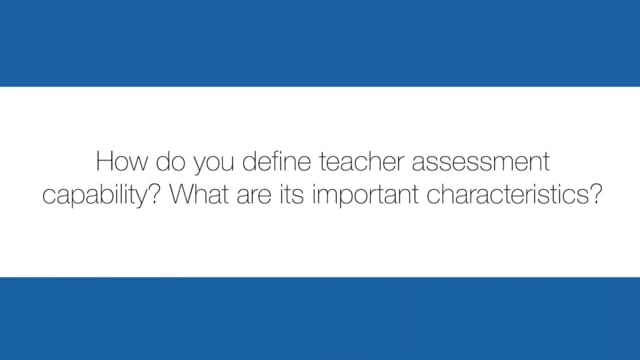
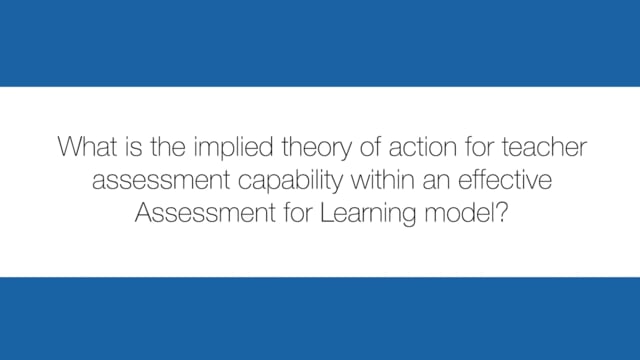
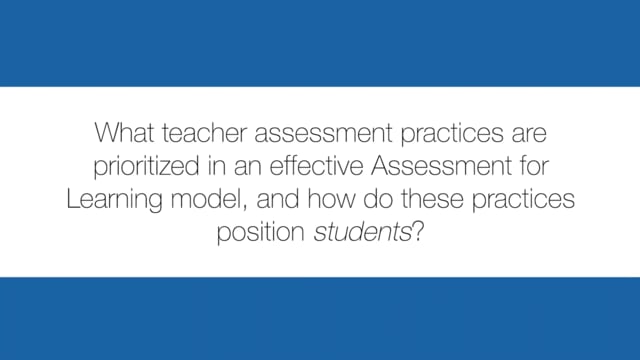
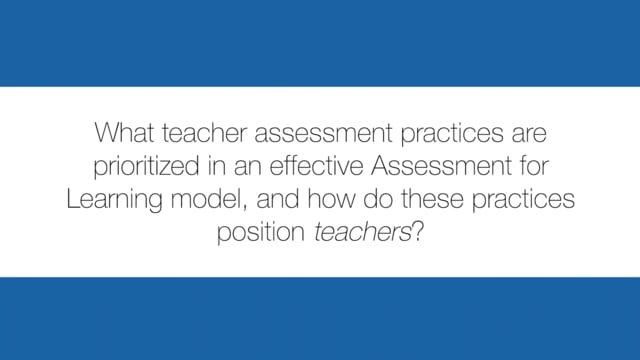
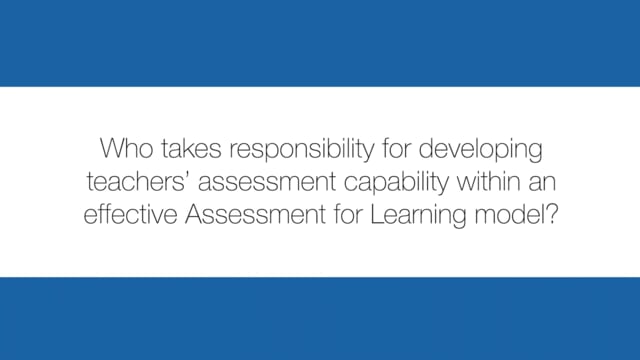
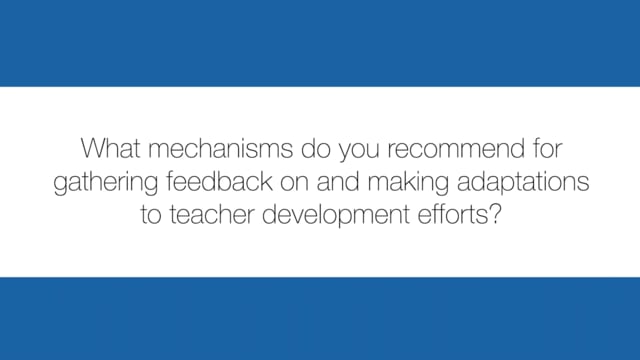
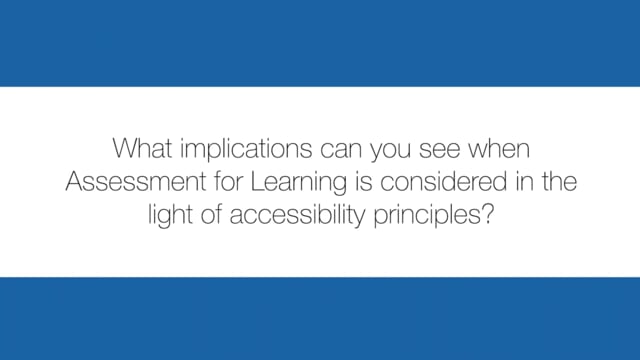
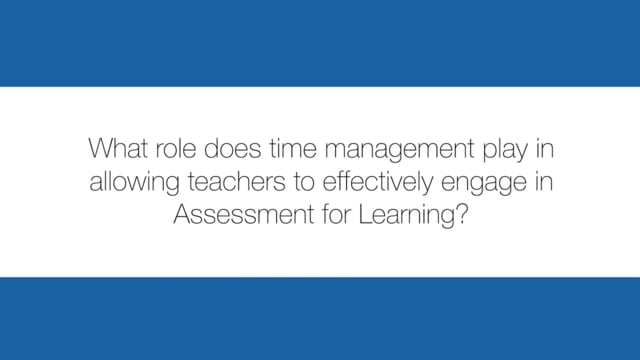

At the 2025 Building a Better Assessment Future conference, we are placing students at the center of our assessment systems, practices, and policies. Join us…
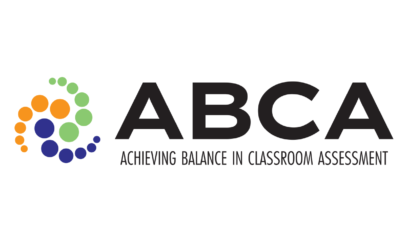
Facilitate classroom-level, assessment-literate practice to improve student learning & achievement! Districts that implement—with fidelity—quality balanced assessment systems in every classroom show improved student learning and…
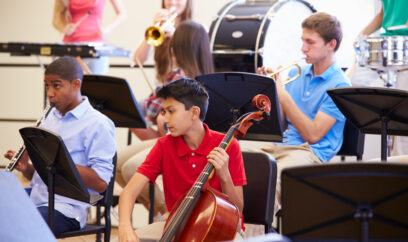
The Assessment Learning Network (ALN) kicks off the 2025-26 season with an in-person session that includes learning, networking, and a luncheon. Art is a…
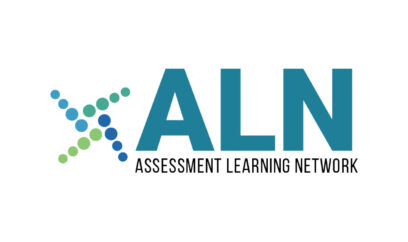
Note: to register for a Season Pass (and save money!), click the button at right. To register for individual sessions, click the session title in…